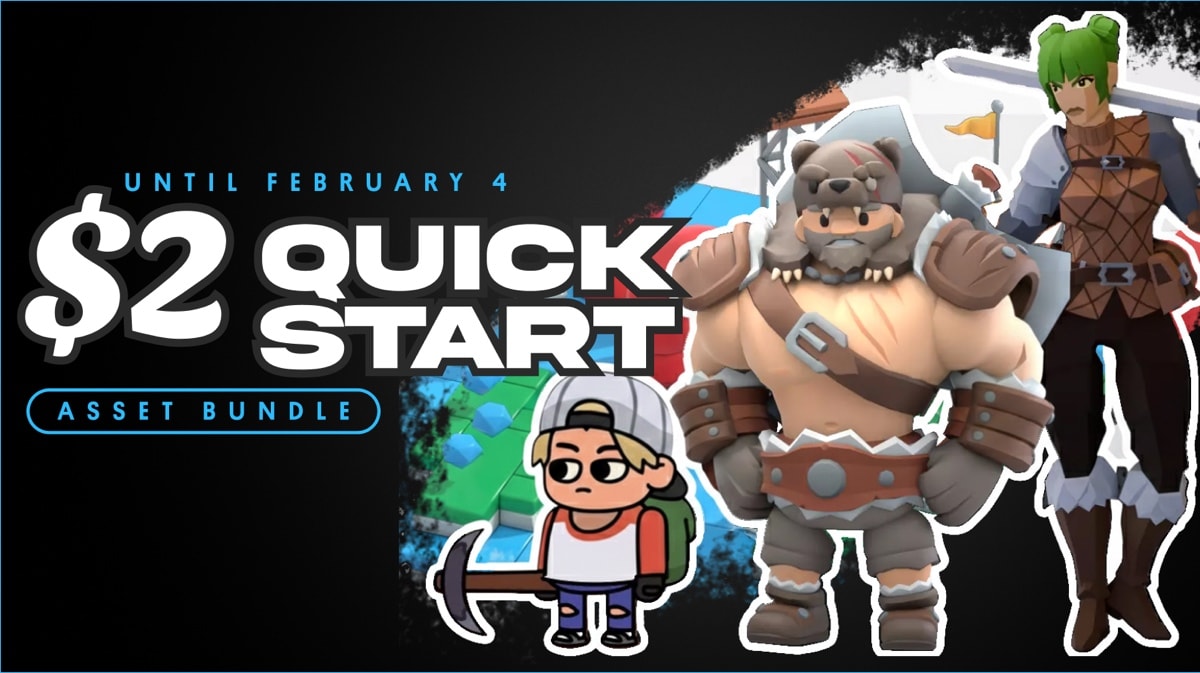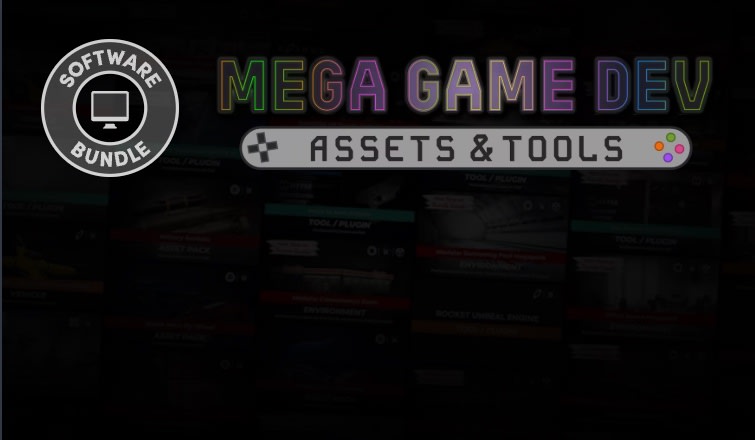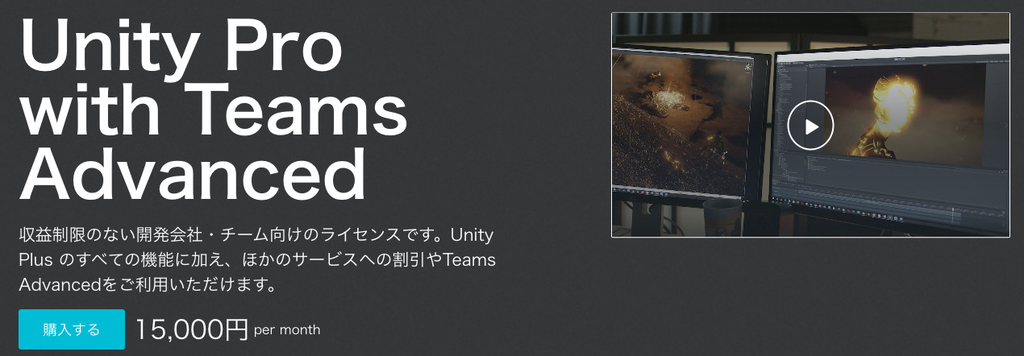
Tarject is a framework for Unity that eliminates tight coupling, offering an easy-to-use, readable, flexible, and highly optimized solution for modular and maintainable game development.What is Dependency Injection (DI)?Dependency Injection (DI) is a software design pattern that promotes injecting dependencies externally rather than hardcoding them inside objects. This approach enhances modularity, improves testability, and simplifies dependency management. By adopting DI, software becomes more maintainable, scalable, and adaptable to future changes.Why Tarject?Tarject is more than just a dependency injection framework for Unity. It helps you develop modular, maintainable, and highly optimized code. With Tarject, you can streamline your game development process, reduce boilerplate code, and focus on creating immersive experiences without the hassle of managing dependencies.How to use Tarject?Once you’ve imported Tarject into your Unity project, get started by reading the included README.md for comprehensive guidance and exploring the Samples folder for practical examples. For further details, visit the GitBookHow to ContributeWe welcome contributions to help Tarject grow! You can submit pull requests, reach out via email, or join our Discord for discussions. Visit our GitHub for more details.Key FeaturesContext StructuresInstallersBinding MethodsBinding OptionsInjection OptionsAutomated InjectionFrame Action InterfacesFactory SupportSignal ManagementTest FrameworkOptimized ReflectionCross-Platform SupportOpen SourceFeel free to contact for support or feedback!Website | GitBook | GitHub | DiscordContext Structures: Defines Project, Scene, and GameObject contexts, ensuring dependencies are managed according to the scope they belong to.Installers: Use GameObjectInstallers and ObjectInstallers to bind and install dependencies in a structured way.Binding Methods: Supports various binding methods like Bind, BindFromInstance, BindFromHierarchy, and BindFactory to bind objects to the container.Binding Options: Offers advanced options like ToInterface, WithId, and Lazy for more flexible and efficient binding.Injection Options: Dependencies can be injected into fields, properties, methods, constructors, and parameters, providing complete flexibility in managing dependencies.Automated Injection: MonoInjecter and SceneInjecter automatically handle the injection of dependencies, reducing manual work.Frame Action Interfaces: Implements common Unity frame actions like IInitializable, IFixedUpdatable, IUpdatable, ILateUpdatable, and ILateDisposable for better management of lifecycle methods.Factory Support: Includes SeparatedGameObjectFactory and SeparatedObjectFactory to create and manage objects dynamically.Signal Management: The SignalController helps with managing signals for loose coupling and communication between components.Test Framework: Provides a unit testing framework (TarjectUnitTestFixture) with 100% test coverage to facilitate testing.Optimized Reflection: Minimizes the use of reflection to enhance performance, ensuring fast and efficient dependency management.Cross-Platform Support: Fully supports Unity's major platforms, allowing you to develop across different environments without issues.Open Source: Tarject is an open-source framework, allowing you to contribute, modify, and adapt it to your specific needs.





